Ones to watch in 2016: Lewis Cook, Josh Beaumont, Jack Catterall, Leah Williamson, Max Verstappen, Lewis Tierney, Hyeon Chung
The second in a two-part feature in which The Independent’s team of writers choose faces to look out for over the next year
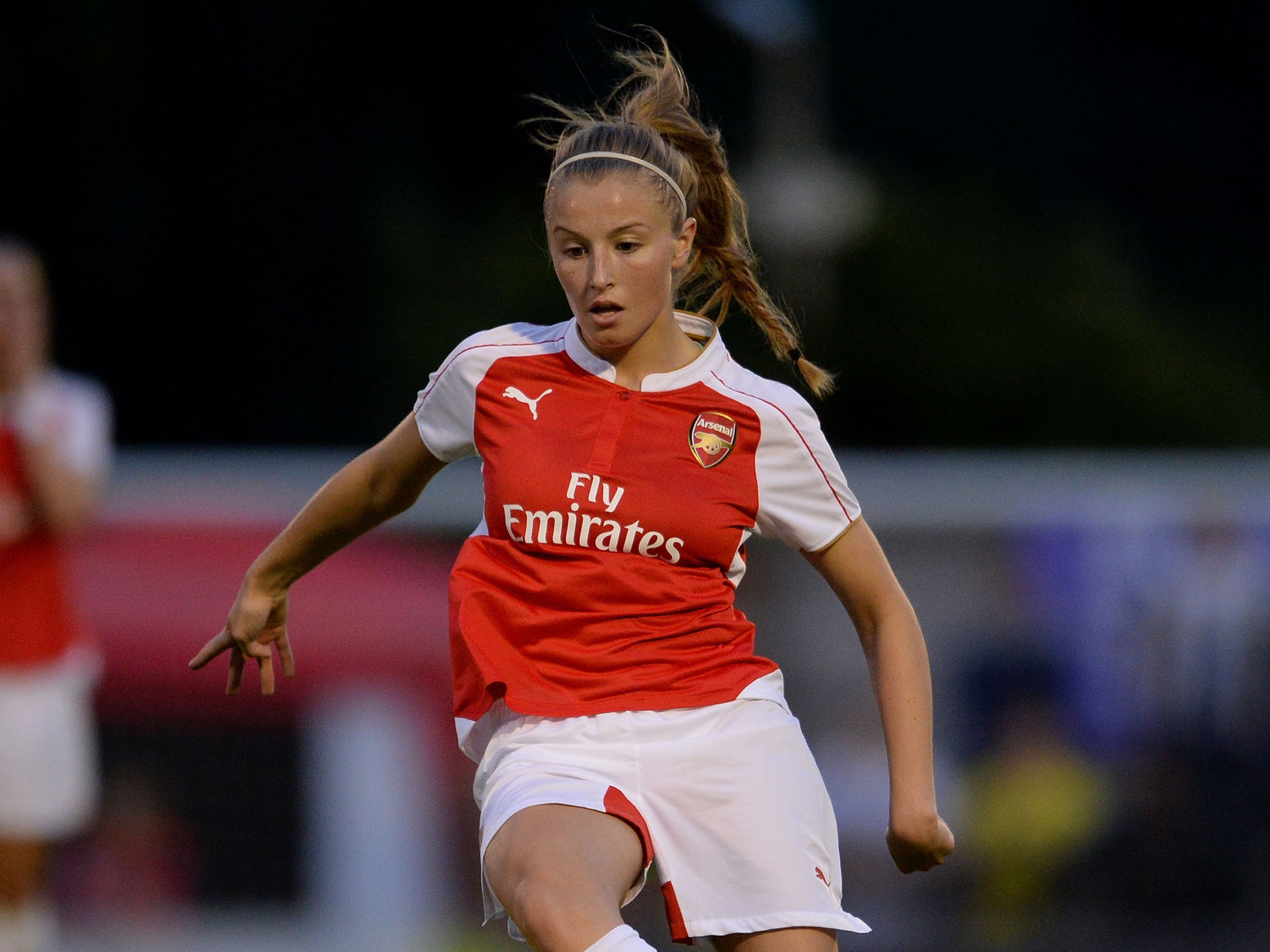
Lewis Cook
Mark Ogden, Chief Football Correspondent
Throughout their decade of turmoil on and off the pitch since relegation from the Premier League in 2004, Leeds United have still been able to produce youngsters of high calibre and Lewis Cook is likely to be the latest Elland Road graduate to make it to the big time.
Whether he does that with Leeds, only time will tell, however.
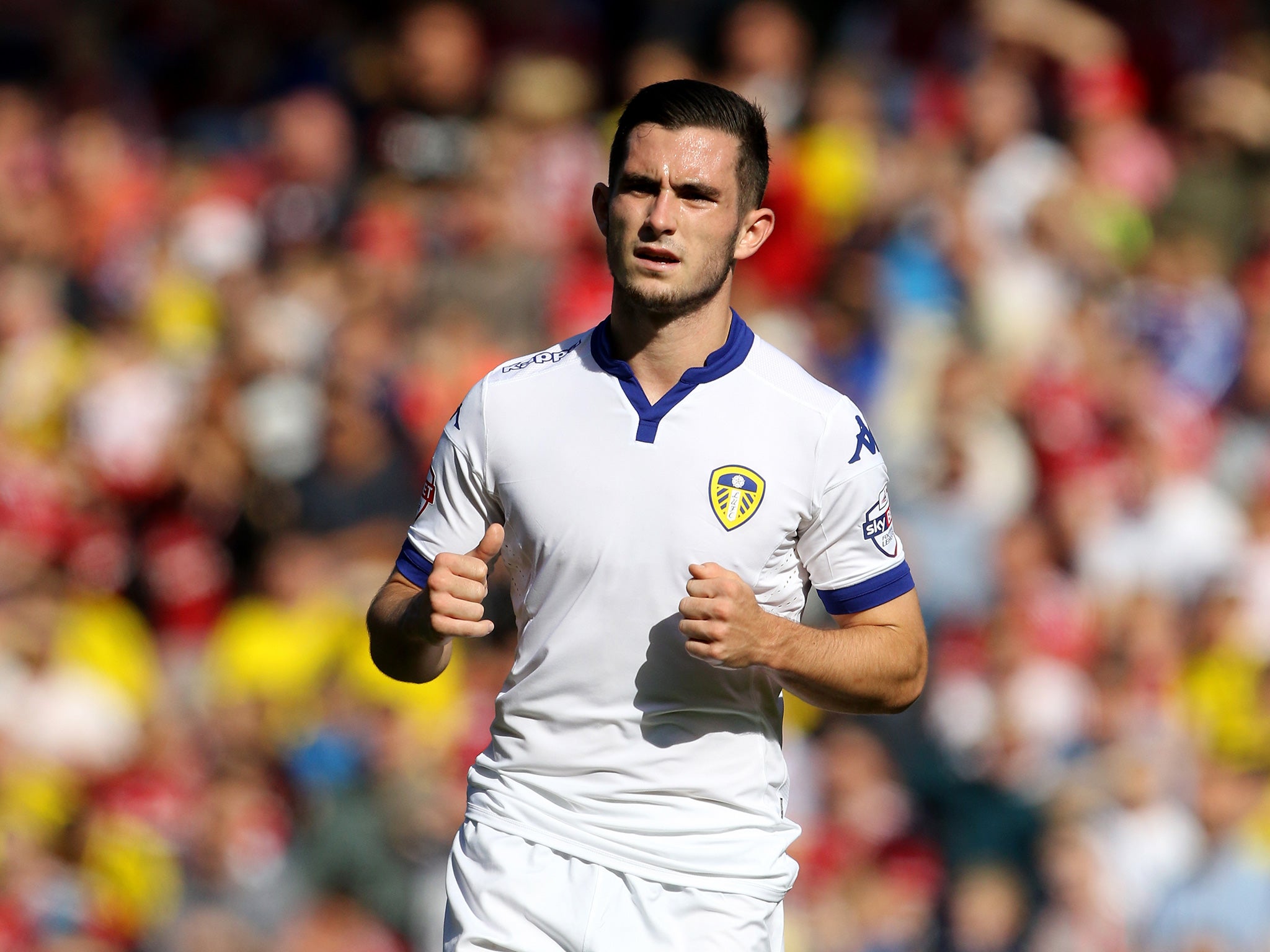
Home-grown stars such as Alan Smith, James Milner and Fabian Delph were all forced to pursue their careers away from the club following relegation, with Jonny Howson also moving on.
Just like his Yorkshire-born predecessors, Cook is taking the initial steps in his career at Leeds, having broken into the first team as a 17-year-old at the start of last season, and his progress since that substitute appearance against Millwall has earned the York-born midfielder a contract until the end of the 2016-17 campaign.
He has also become a regular at the heart of midfield for England Under-19s, with the step up into Gareth Southgate’s Under-21s anticipated before the end of the season.
With an eye for a pass and bite in the tackle, Cook is already attracting the attention of Manchester United and Liverpool, so Leeds face losing another young star unless they can end their top-flight exile in this campaign.
Milner, who made his Leeds debut as a 16-year-old, has backed Cook to make it to the highest level, despite warning that pitfalls lie ahead unless he is given the time and space to develop.
“It’s the same with him [Cook] as it is with a lot of young English talent,” Milner said. “We get a glimpse of a talented youngster and the pressure is hyped on them straight away.
“I have high hopes for him and want him to do well, but he’ll have to learn to deal with the pressure of top-flight football at a young age because that’s the way the game is now.”
Josh Beaumont
Chris Hewett, Rugby Union Correspondent
Billy Vunipola when he delivers an 80-minute performance; Ben Morgan when he’s fully fit and up for it; Nathan Hughes when he finally trades his Fijian rugby nationality for one of the English variety… one way or another, the new red-rose coach, Eddie Jones, is comparatively well resourced when it comes to Test-class options at No 8. But on the basis that there is no such thing as a surfeit of raw talent, Josh Beaumont is in a good position to make his substantial presence felt at representative level over the coming months.
Enjoy 185+ fights a year on DAZN, the Global Home of Boxing
Never miss a fight from top promoters. Watch on your devices anywhere, anytime.
ADVERTISEMENT. If you sign up to this service we will earn commission. This revenue helps to fund journalism across The Independent.
Enjoy 185+ fights a year on DAZN, the Global Home of Boxing
Never miss a fight from top promoters. Watch on your devices anywhere, anytime.
ADVERTISEMENT. If you sign up to this service we will earn commission. This revenue helps to fund journalism across The Independent.
The son of the former England captain and current Rugby Football Union chairman Bill, the 22-year-old Durham University graduate does many of the things his dad used to do – he can play the “head down, arse up” role in the engine room if required and knows how to fight his corner at the line-out – while passing the ball in a rather superior manner that was not, from memory, a hallmark of Beaumont Sr’s game. In other words, he has struck a balance between traditional values and modern realities.
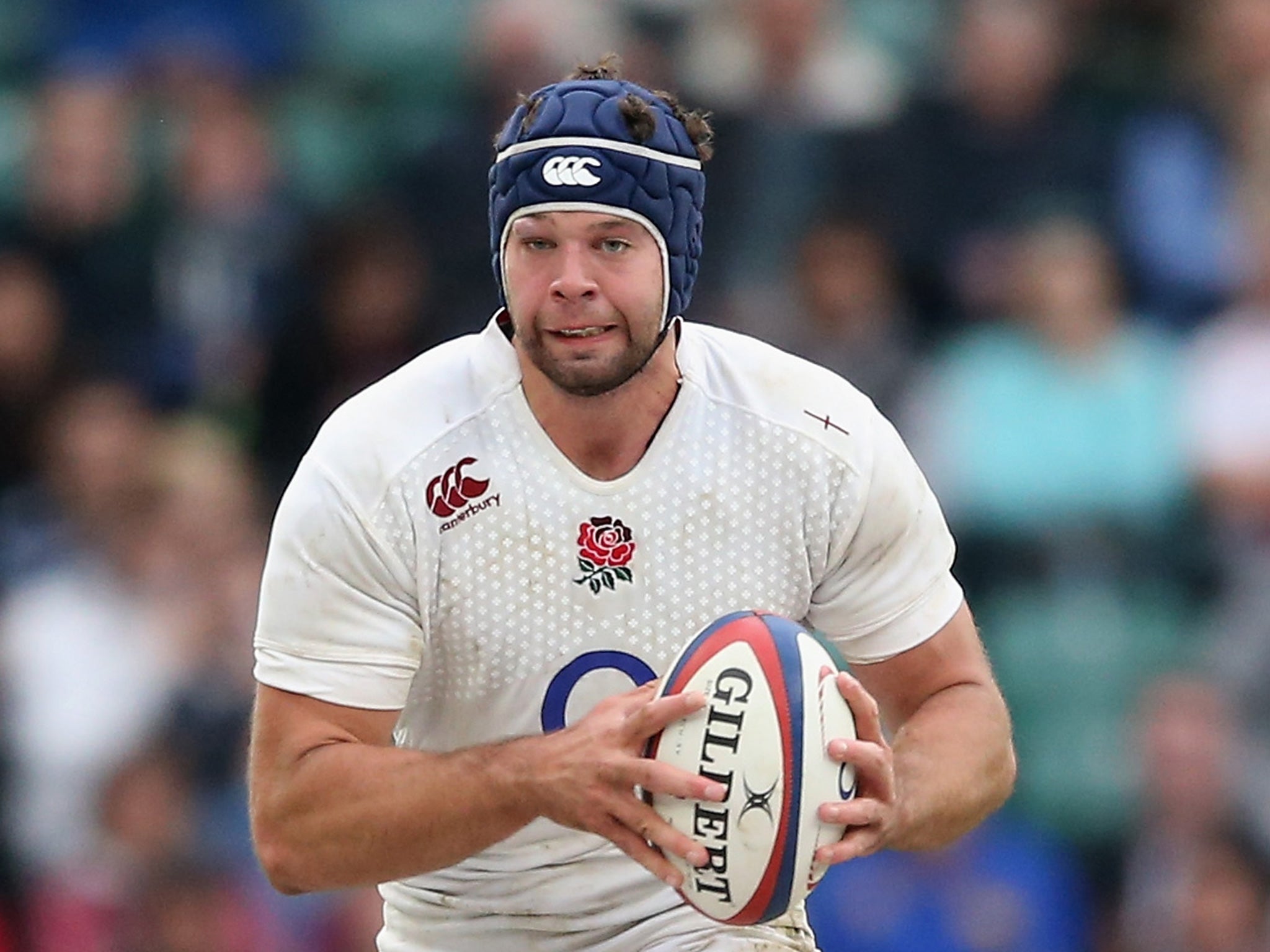
He started last term with three senior Sale appearances in the bank and ended it with a new contract, a Players’ Player of the Season award and a call-up for England’s non-cap meeting with the Barbarians at Twickenham. Not bad in nine months.
Sale are not exactly short of international back-rowers – Dan Braid of New Zealand, TJ Ioane of Samoa, Vili Fihaki of Tonga and the England cap Magnus Lund are all on the books – but there is only one first-choice No 8. What they are short of is profile, hence their fury at a suggestion in the public prints that Jones should not waste his time casting an eye over any of their players. If Beaumont can give the lie to that notion, he will be a very popular individual indeed.
Jack Catterall
Steve Bunce, Boxing Correspondent
Jack Catterall from Chorley, Lancashire, is unbeaten, still only 22 and has a dozen natural domestic rivals at light-welterweight. There is no replacement in the learning curve of any fighter for hard fights at local level; Ricky Hatton had a shoot-out for the Central Area title long before he packed his bags for Las Vegas.
Catterall has been learning his trade on big shows, placed third or fourth on the bill, gaining rounds and knocking out tough imported fighters. There is a nasty element to Catterall and his ability to finish boxers when he has them hurt has been impressive to watch.
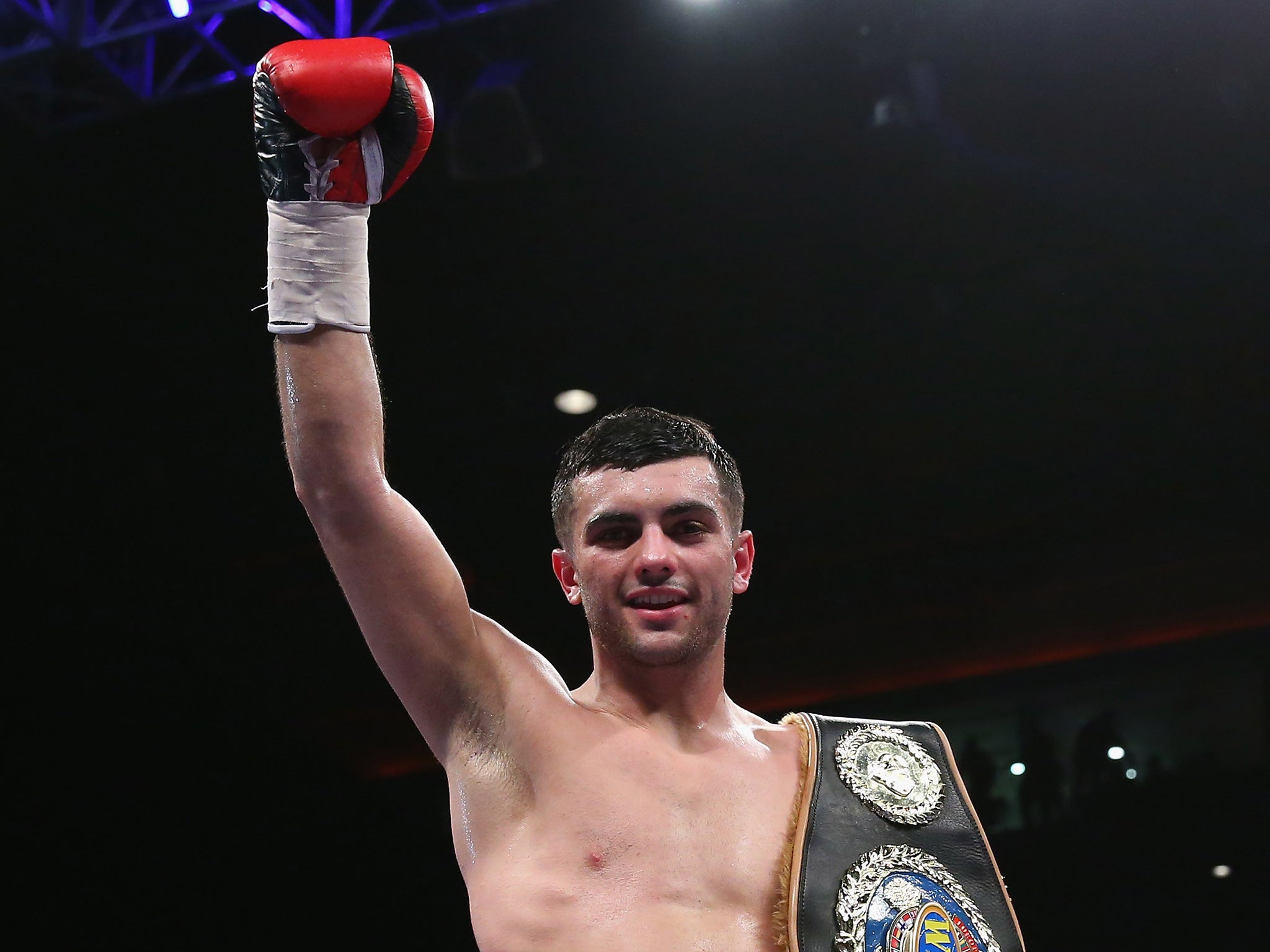
“It’s all about patience for me right now,” said Catterall. “I know I can beat the champions at my weight – the British and the Commonwealth – but that is not how the business works and I’m waiting for my chance.”
In April and May, Catterall travelled to Las Vegas and Big Bear, California, for weeks of training and sparring with some of the best fighters in the world. He shared the ring behind closed doors with Floyd Mayweather before the Manny Pacquiao fight. Catterall is a southpaw, like Pacquiao, and Mayweather had specific plans for him.
“I was living the dream and learning every second,” continued Catterall. “It was hard, proper sparring – not just getting in and out for a picture.”
Catterall experienced some of Mayweather’s infamous extended rounds, often completing 12 minutes instead of three.
“I was in the ring with Floyd and he was just about to be in boxing’s biggest fight,” added Catterall. “There is no better way to improve.”
The Las Vegas rounds, the wins in the ring and learning to be patient have all made Catterall a better fighter, one poised to win domestic titles in what should be an entertaining 2016.
Leah Williamson
Tim Rich, Football writer
The Guinness Book of Records will tell you the longest penalty shoot-out was the 48-kick epic that decided the Namibian Cup final a decade ago. Leah Williamson took five days to take just one penalty and it wasn’t even in a shoot-out.
The Arsenal midfielder had just turned 18 when she went up to take a stoppage-time spot-kick that would decide whether England, trailing 2-1 to Norway, drew their qualifier for the European Under-19 Championship in April.
Williamson scored but the referee, Marija Kurtes, disallowed it for encroachment and awarded Norway a free-kick. What she should have done was ask for the penalty to be retaken.
Uefa ordered the final two minutes of the match to be replayed, starting with the penalty. What made the pressure more intense was that, in between the two penalties, England had beaten Switzerland. This meant, if Williamson scored, England would qualify.
She overcame the pressure as coolly as she took her penalty, which may not have been surprising. Since joining the Arsenal Centre of Excellence as a nine-year-old, Williamson has been determined to make the big time.
When she was 10, she bet her mother that, if she captained her country, she could have a night in a hotel. This she did, at Under-15 and Under-17 level, and, sadly for the family bank account, the hotel of choice was not a Premier Inn but The Dorchester.
A place in the senior squad appears only a matter of time. Williamson has already won the Young Player of the Year award from the Women’s Super League and has an FA Cup winners’ medal from when Arsenal beat Everton in the final in her home city of Milton Keynes. When she converted her penalty against Norway, she said all she wanted to do was sleep. In 2016 there may not be time for too much of that.
Max Verstappen
David Tremayne, Motor Racing Correspondent
When he was born, on 30 September 1997, a colleague and I agreed that if Max Verstappen ever raced, his genes would make him sensational. It was not just that father Jos was a real hot shoe who never got the breaks to show his full potential in Formula One in the Nineties; mum Sophie Kumpen was a karter of note, who beat the likes of the 2004 Monaco GP winner Jarno Trulli and the 2008 Hungarian GP winner Heikki Kovalainen in equal machinery.
Like Ayrton Senna before him, Verstappen jumped straight from Formula Three to Formula One. He had won the KZ World Championship in karts in 2013, then finished third on his graduation to cars in the FIA European Formula Three Championship in 2014. Courtesy of Red Bull’s young driver programme head Helmut Marko, he skipped the senior GP2 and Renault 3.5 stepping stones and made spectacularly easy work of graduation to the big league in 2015.
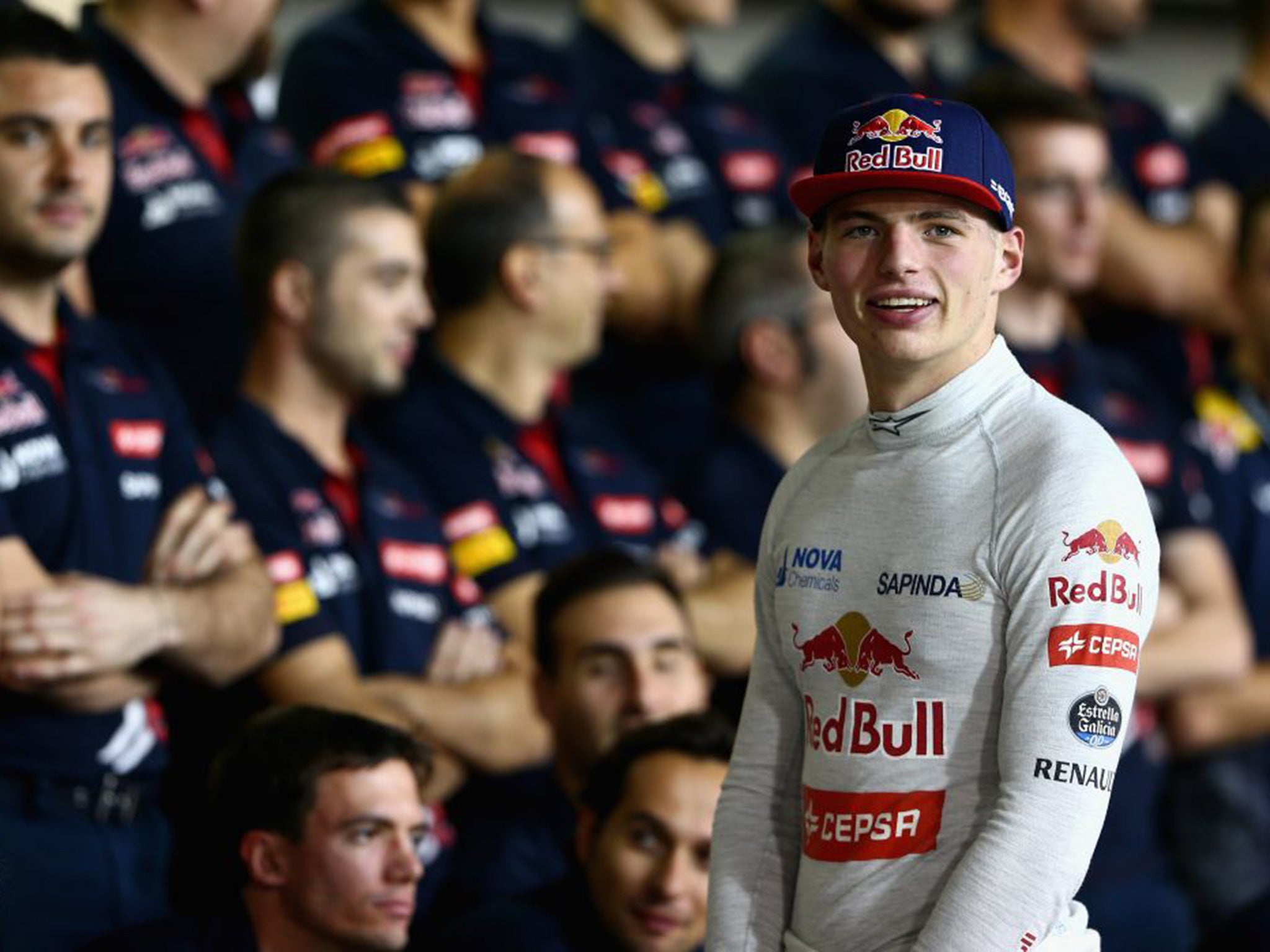
He competed in 19 races and finished a commendable 12th overall with 49 points, driving a decent but unreliable Toro Rosso which frequently let him down. His rookie team-mate Carlos Sainz, son of the former rally world champion of the same name, outqualified him 10 to nine, but Verstappen generally raced better and his innate speed and startling confidence were outstanding from the outset.
His one major accident came in Monaco with Romain Grosjean after a momentary misjudgement, but he recovered well from his resultant head-on encounter with the wall at the Ste Devote corner and came back unscathed. Fourth places in Hungary and the United States confirmed his promise and left onlookers wondering what he might have done in the second Ferrari occupied by Kimi Raikkonen.
Seasoned observers believe that the legendary Italian team renewed the Finn’s contract for 2016 so they could await Verstappen’s availability in 2017.
Lewis Tierney
Dave Hadfield, Rugby League Correspondent
There will be a vaguely familiar face filling a key position at Wigan at the start of the 2016 season.
The first name on the teamsheet might not initially ring many bells, but Lewis Tierney could jog the memory in other ways.
He is the eldest son of a Warriors’ legend and dual international Jason Robinson and some believe that he has more than a dash of the old man about him.
His inherited talent is not in dispute, but a few weeks ago he was still well down the pecking order for what has become the crucial attacking role in the modern game.
But then last season’s full-back, Matt Bowen, retired, clearing the way for the return of Sam Tomkins from the other Warriors in Auckland.
He will be out injured for at least the first six weeks of the season, however, and his obvious stand-in, Ryan Hampshire, will be on a season-long loan at Castleford.
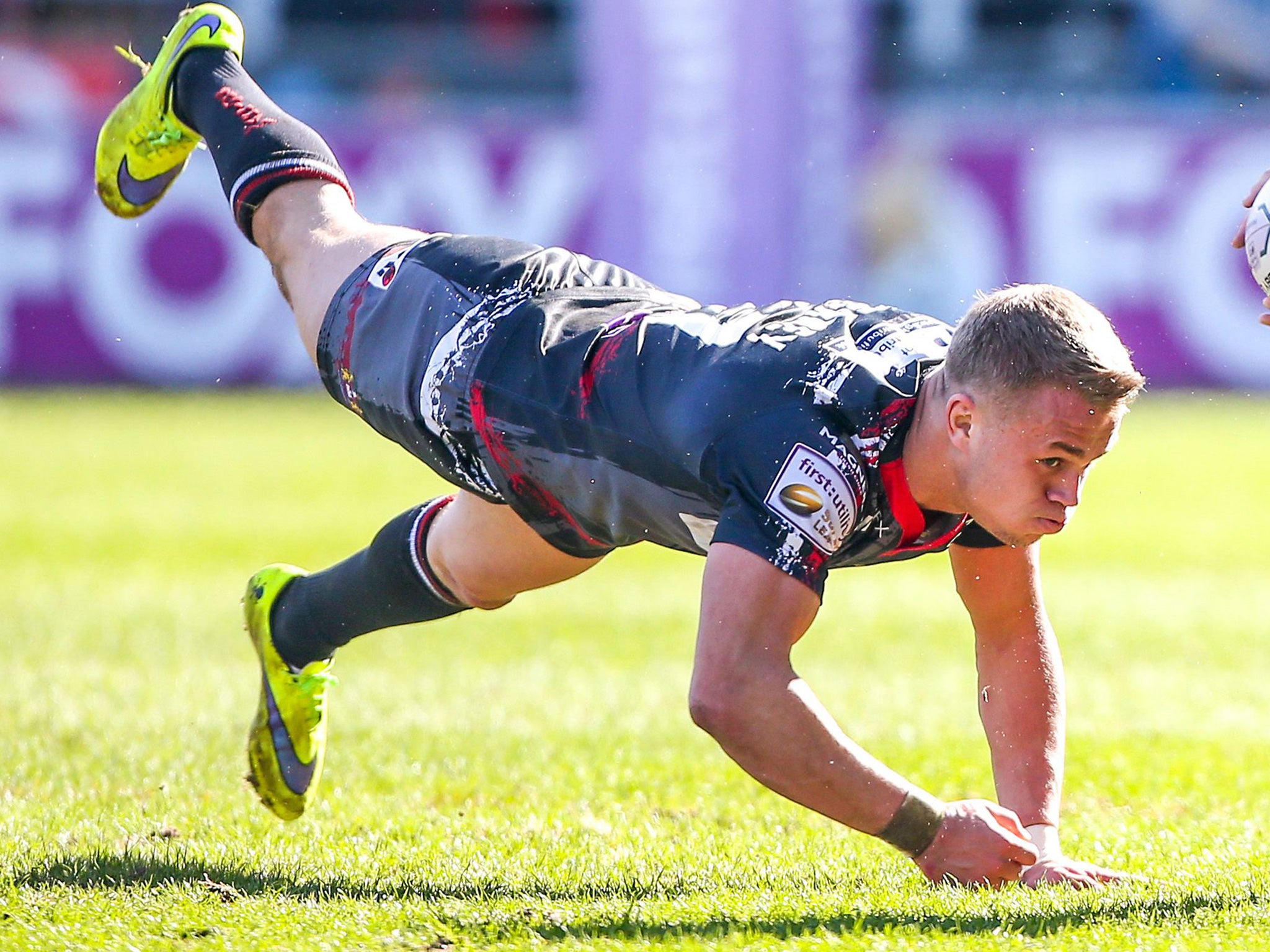
There will be no panic at the DW, though; in fact, the Wigan coach, Shaun Wane, is rarely happier than when he is committing himself to putting his faith in a young newcomer.
He did it last year, with considerable success, with George Williams and he has done it this time with Tierney. It could be something to see.
Like his dad he has the footwork and low centre of gravity to help him sow chaos in the middle of the field. Now 21, Tierney has had only a handful of first-team opportunities with Wigan, plus a dozen appearances for Workington Town, with whom the Warriors have a player-sharing arrangement.
If he shows the potential at which he has hinted, however, his days of running around the lower divisions could be over.
Hyeon Chung
Paul Newman, Tennis Correspondent
Just as Li Na and Kei Nishikori put China and Japan respectively on the world tennis map, so Hyeon Chung could do the same for South Korea. The country has developed champions across many sports, having finished fifth in the medals table at the 2012 Olympics, but has yet to produce a top-30 male tennis player.
Chung, aged 19, practises occasionally with Lee Hyung-taik, who until now has been the country’s most successful male player, but it is unlikely to be long before the teenager beats his compatriot’s career-high world ranking of No 36, achieved in 2007. Chung, who two years ago became the first Korean to reach the Wimbledon junior final, is the world No 51 but has risen from No 550 since the start of last year.
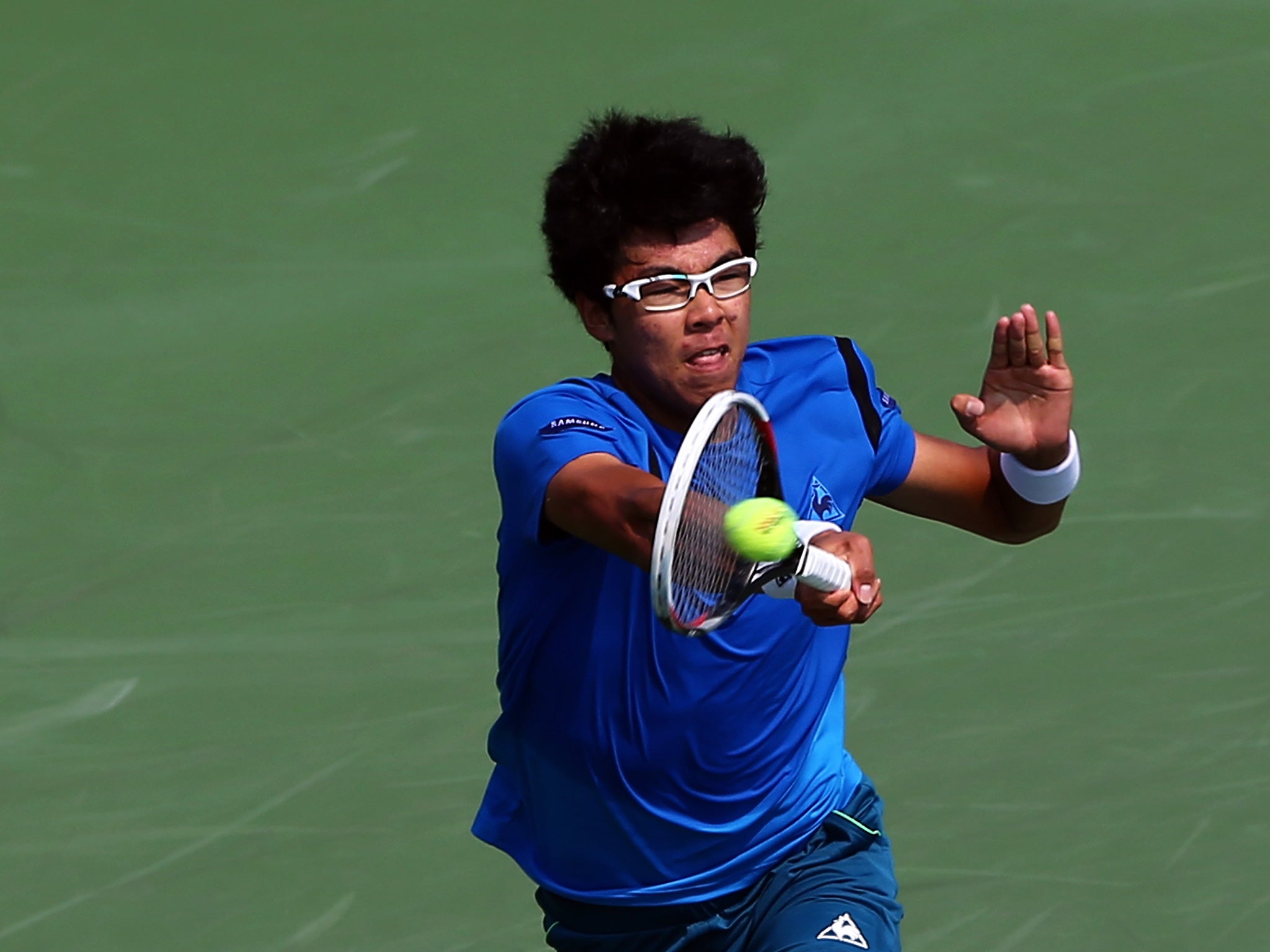
His fellow professionals voted Chung the most improved player on the Association of Tennis Professionals tour in 2015. He won Challenger titles in Australia, the United States, South Korea and Taiwan, made his debut at Wimbledon and won his first Grand Slam match, beating Australia’s James Duckworth at the US Open before losing three successive tie-breaks to Stan Wawrinka.
Although he lacks a major attacking weapon, Chung wears opponents down with the consistency of his hitting, particularly on his backhand. He moves well and has good reserves of stamina and a great work ethic. He sees Novak Djokovic as his ideal role model.
Chung’s father is a tennis coach. His older brother also plays and accompanied him when, at the age of 13, he started at the Florida academy founded by Nick Bollettieri.
One of Chung’s trademarks is his prescription glasses. At the age of seven a doctor suggested that looking at the colour green would help with his poor eyesight, which led to his parents encouraging him to play more tennis. He has not looked back since.
Join our commenting forum
Join thought-provoking conversations, follow other Independent readers and see their replies
Comments
Bookmark popover
Removed from bookmarks